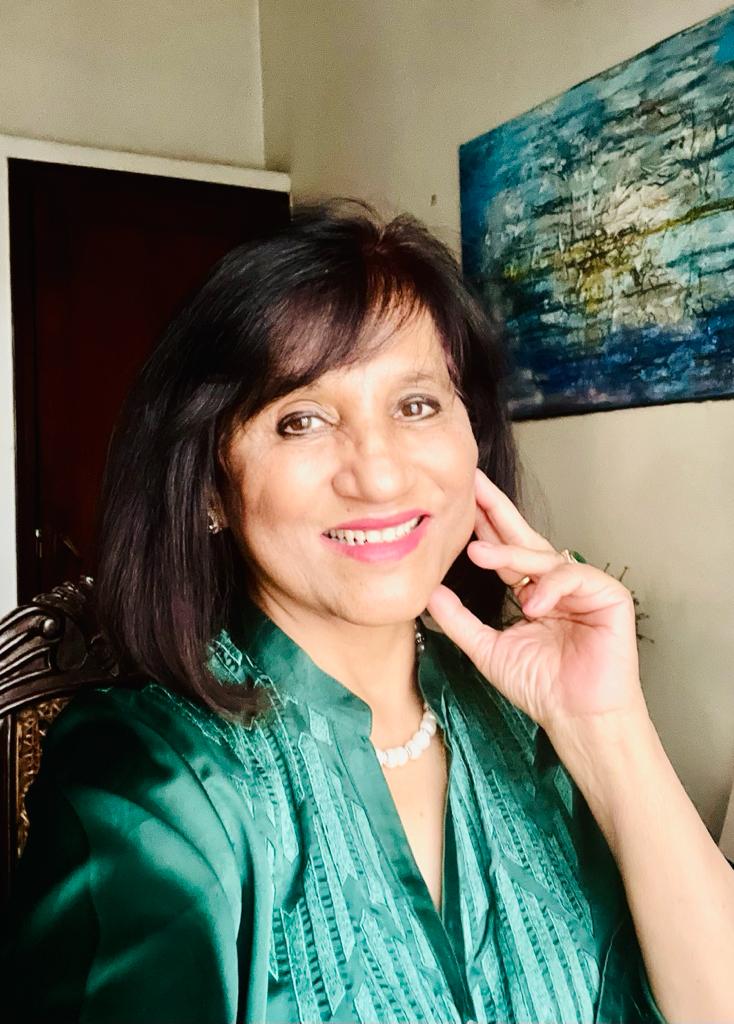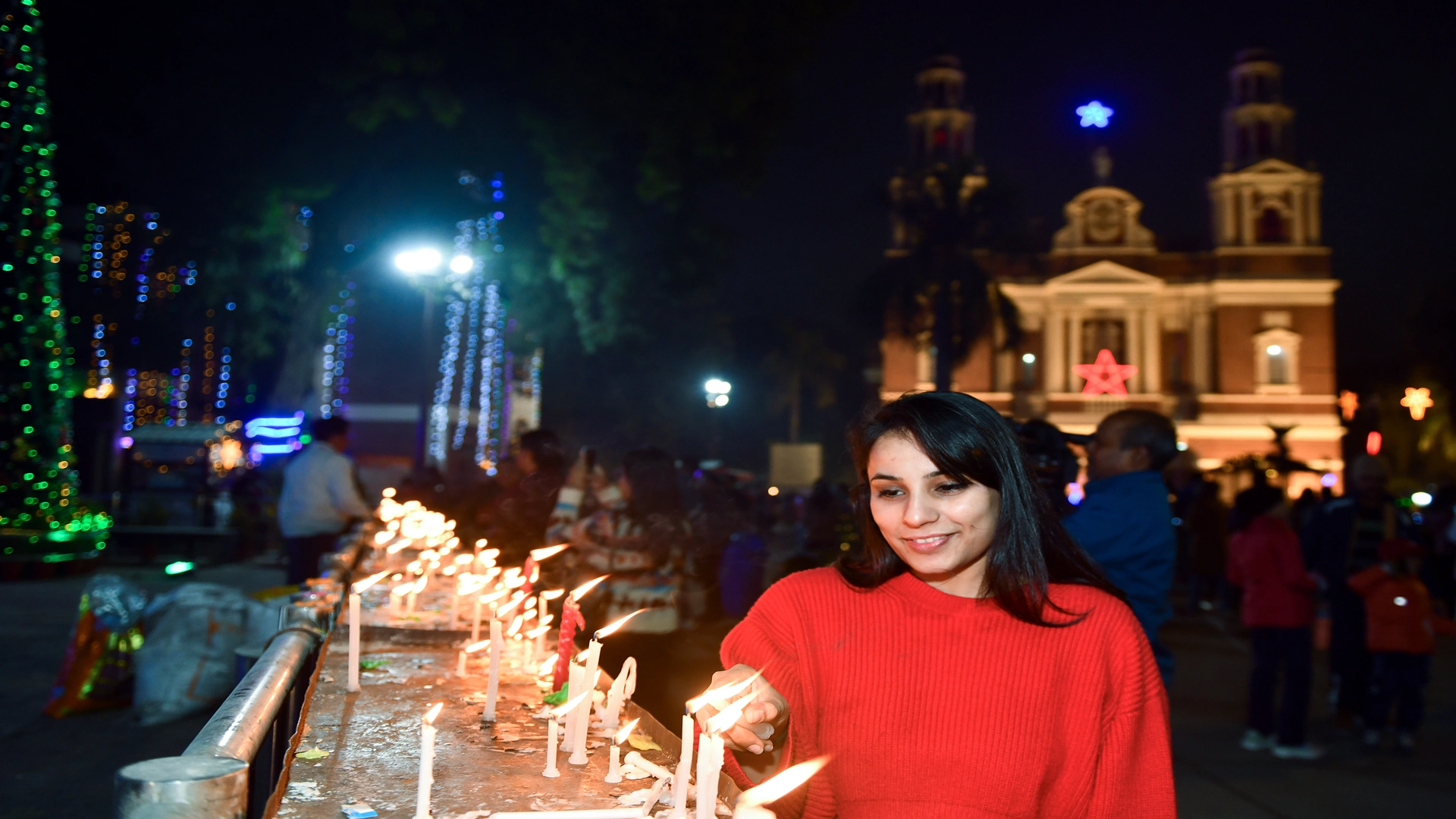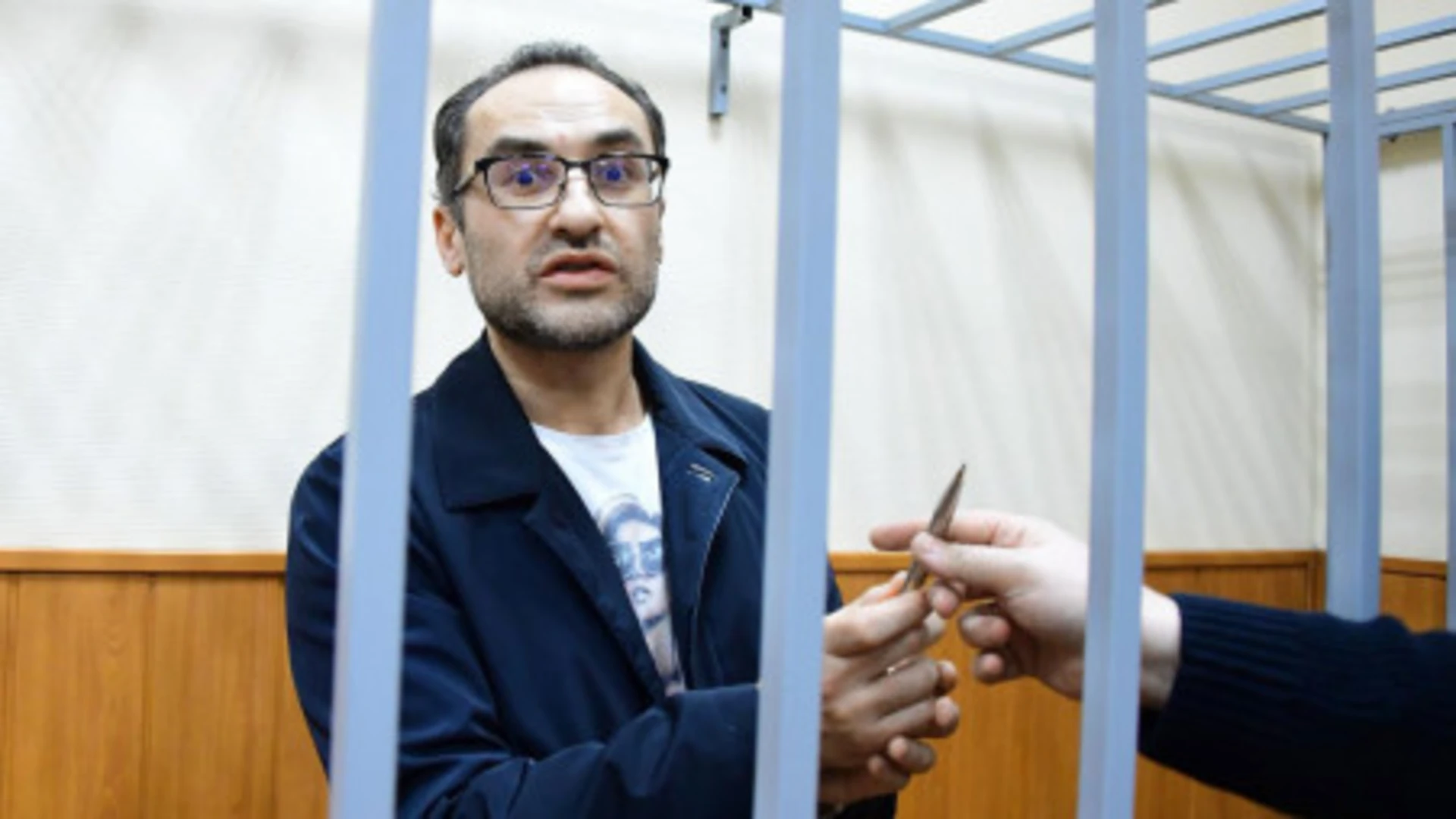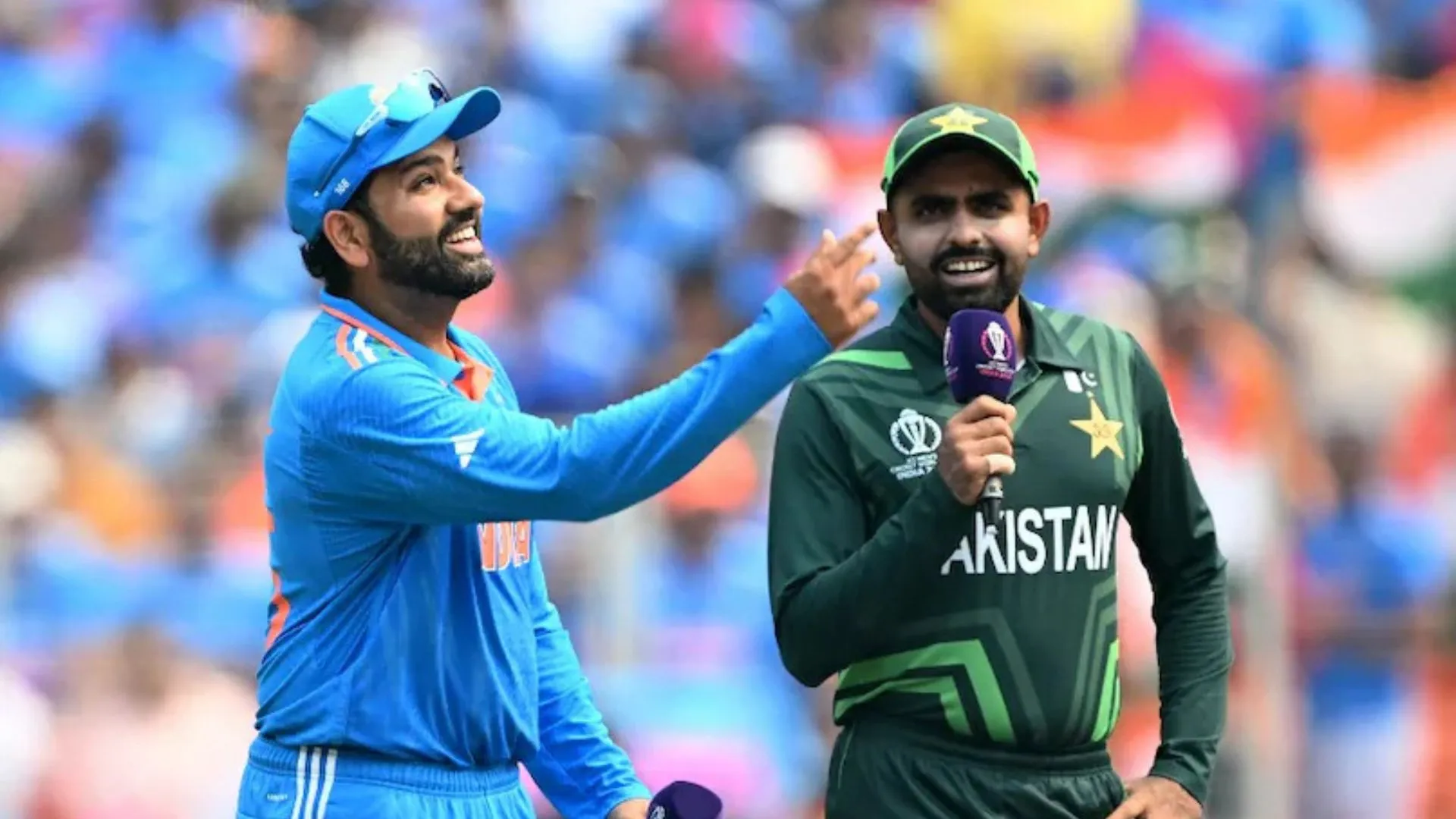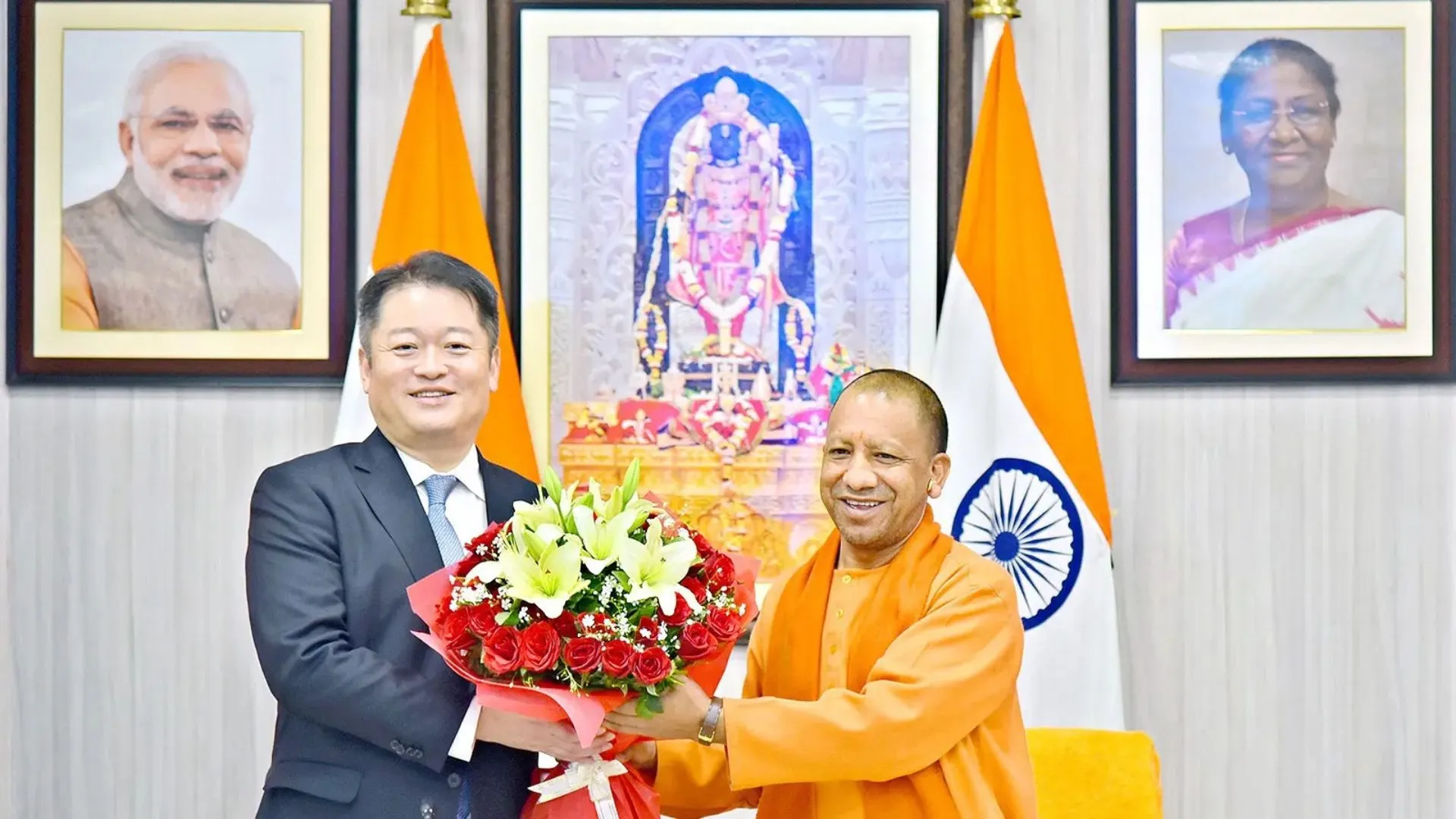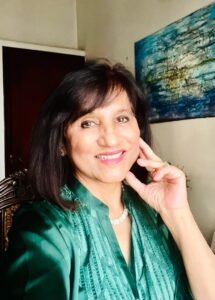Dr. Balesh Jindal, a doctor for 40 years, received a Compassion Award from Stanford University and was featured on BBC. She’s also an artist and won awards in badminton. Despite wanting to be a famous pediatrician in London, she ended up in a small village called Kapashera. Her book, ‘The Reluctant Doctor,’ tells the story of how she had to give up her dreams and face challenges in rural healthcare. Excerpts:
Q. How did the idea to write this book originate? Did you come up with it or was it in response to some event?
A. few years into my medical practice, I realized that the lives and times of the rural people needed to be told and heard. The incidents and the difficulties faced by them made me uncomfortable and I knew that I had to write a book about their lives, resilience and dignity. The motivation to write the book was extremely strong.
Q. You were a modern girl from an affluent background. How did you overcome the challenges of a rural practice?
A. Even though the clinic was not my idea of an ideal practice, I pursued it, redesigning my path and refocusing my lens as I went along. That became my unlearning and my absolution as I realized that I was touching thousands of lives.
Q. How did you manage to connect with the rural patients and did that take a toll on your personal life?
A.I did not just treat patients but built long term relationships. As I became ‘my family doctor’ to thousands of families it was inevitable that besides being a medical specialist, I was cast in the role of an official advisor for marital relationships, careers, financial planning, wardrobe advice and extramarital affairs.
When did these patients merge with my own priorities and psyche and became one entity? Well, I do not know. When did my acceptance of the clinic become my resilience?
Maybe I did not compartmentalize life enough and let the patients occupy all the compartments of my mind and heart till they mushroomed into a spate that drowned everything. I wish that I had not seen so much behind their faces. I should have limited my gaze to diagnosing the illness because seeking the unknown was tiring. So tiring that I forgot to live my own life!
Q You have described your book as a socioeconomic commentary, can you elaborate?
A. I observed the way society moved with the advent of new wealth, new exposure to modernity and westernization in the 1990 s.
For me GDP was not just a number, it was a foreboding of new diseases.
As families were caught unawares in the tsunami of imported goods, they were swirled around mercilessly till they gasped for breath. I saw malnutrition, heart disease and liver diseases raise their heads. Drugs, rapes, school dropouts, domestic violence became common. It was the poor who bore the brunt of all development.
Q. You have written about the big fat Indian family. Why does it disturb you so much?
A . I saw so many young girls who were brought in with obvious signs of sexual abuse. I discovered that most of the time the culprit was a familiar person and he was never indicted. In fact his identity was protected energetically by the family. The victim was always a young girl. Few are the sins which protect the sinner. Rape was one of them. The rapist almost always got away scot free. It was the victim who saved him. What an irony! Thanks to the big fat Indian family.
Q. What is the one thing you want the reader to remember from the book?
A. Passions are not akin to happiness. Even if one finds oneself in less than perfect situations just adjust the lens to see another rainbow, a more beautiful one.
Q. Any words of advice to aspiring writers?
A. Anything that you write has to be from the heart. If it doesn›t rip your heart open, it won’t do anything to the readers too. As Nietzche says ‘only if there is chaos inside, will it give rise to a dancing star’.
Dr. Shiv Sethi is a renowned author, thinker and reviewer.

